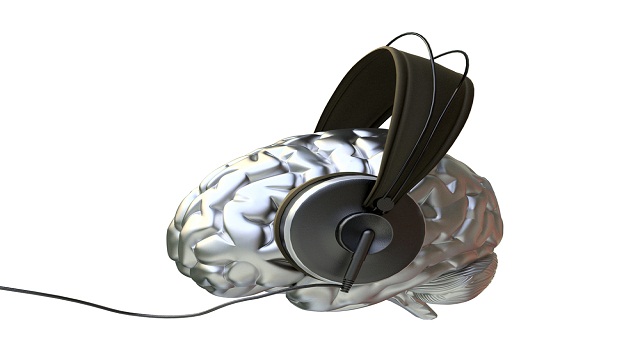How to Profit From Fear, Uncertainty and Doubt in Your Life

There is a lot of fear, uncertainty and doubt in today’s world. North Korea might hit us with nukes. The stock market might crash at any moment. The U.S. government could fall off the fiscal cliff. A once in a lifetime storm like Sandy threatens to become a recurring nightmare every year. In a world that is as fragile as this, is there anything that we can do to protect ourselves from all that volatility and randomness out there?
Nassim Nicholas Taleb – the same hedge funder-turned-intellectual who popularized the concept of “Black Swans” as a way to explain all the random events in this world that can’t be predicted by traditional prediction models – is back with another concept that he thinks could be even more powerful. To protect yourself from all the potential Black Swans in your life – and, indeed, to profit from them – you need to make yourself “anti-fragile.” This doesn’t mean taking out an expensive insurance policy or hunkering down and becoming a Doomsday Prepper – it means organizing your life in such a way as to profit from all the fear, uncertainty and doubt in this world. You need to actively seek out risk, wherever it is, and find strategies that stand to profit from randomness and volatility.
One strategy that Taleb suggests is to “barbell” your life in such a way that you spend 80% of your time doing safe, super-conservative activities, while spending the other 20% of your time working on crazy, wildly speculative things that just might pay off in the future. The classic example is the aspiring writer who spends 80% of his time working a boring desk job to pay the bills, and then rushes home to crank out pages of a novel that might become a future bestseller. Another example is a company like Google, which introduced the notion of “20% time” for knowledge workers to explain why its engineers spent 80% of their time working on core Google products – like Search – while spending the other 20% of their time working on risk, speculative side-projects that could eventually become popular consumer products.
If you are truly to profit from fear, uncertainty and doubt in your life, though, you will need to do more than just create a few speculative options in life to benefit from future volatility. In a handy little chart that Taleb refers to throughout his book as “The Central Triad,” he explains exactly what you can be doing to make your life anti-fragile. You need to think of yourself as the hydra from Greek mythology that grows stronger every time a new head is cut off. You need to expose yourself to positive Black Swans and let things take their course. As Taleb points out, it’s better to be a risk-seeking entrepreneur than a government bureaucrat or boring corporate drone. It’s better to be a tinkerer than someone who engages in directed research. It’s better to be a bohemian than a respectable member of the middle class. In short, it’s good to be “long” volatility.
At the end of the day, the great promise of modernity was to smooth out all the little wrinkles in life. We want an economy that chugs along at a nice little pace every year, even if it means the Fed injecting the monetary system with cheap money every year. We want our personal health to remain fairly constant over time, even if it means consuming more and more pharmaceuticals and other unnatural ingredients. Yet, as Taleb explains throughout his book, it is exactly all these steps that we took to smooth out everyday risk that is making life even more fragile than at any time in history. Modernity is all about seeking out the sleek, smooth and efficient in life, while nature is jagged and fractal-like. Something has to give, especially since the world is so complex and interconnected these days. To profit from fear, uncertainty, and doubt you need to do more than to make yourself “robust” — you need to make yourself “anti-fragile.”
image: Scared Trader Pointing at Stock Charts With Eyes Closed / Shutterstock





